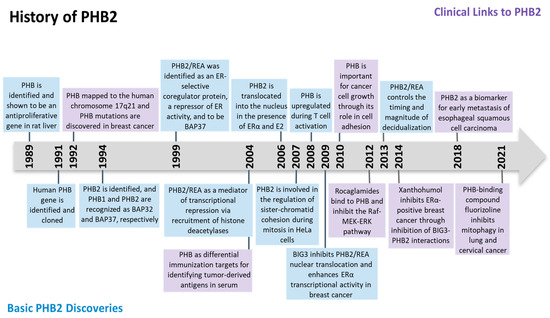Exclusive Review Papers in "Cell Proliferation and Division" Section
A topical collection in Cells (ISSN 2073-4409). This collection belongs to the section "Cell Proliferation and Division".
Viewed by 2789Editor
2. Department of Medical Humanities, Rocky Vista University, Parker, CO 80122, USA
Interests: cell physiology; cell metabolism; development; cell differentiation; stem cells
Special Issues, Collections and Topics in MDPI journals
Topical Collection Information
Dear Colleagues,
Under the Section “Cell Division and Proliferation”, we aim to set up a Topical Collection to publish high-quality review papers related to cell division, proliferation, and the epigenetics of these processes. The topics of interest include, but are not limited to, the following:
- Cell division;
- Cell proliferation;
- Cell cycle;
- Mitosis;
- Meiosis;
- Reproduction;
- Cyclins;
- Cytokinesis;
- Centromeres;
- Kinetochore;
- Cohesin;
- Kinesins;
- Epigenetics of these entities and processes.
This Topical Collection is intended to contribute to the compilation of the current knowledge on cell division and proliferation as well as make it available to a broad readership. Distinguished researchers from all over the world, working in all related fields, are therefore invited to contribute to this review series. All papers will be published on an ongoing basis with full open access. We are looking forward to receiving your interesting contributions.
Dr. Lon J. van Winkle
Collection Editor
Manuscript Submission Information
Manuscripts should be submitted online at www.mdpi.com by registering and logging in to this website. Once you are registered, click here to go to the submission form. Manuscripts can be submitted until the deadline. All submissions that pass pre-check are peer-reviewed. Accepted papers will be published continuously in the journal (as soon as accepted) and will be listed together on the collection website. Research articles, review articles as well as short communications are invited. For planned papers, a title and short abstract (about 100 words) can be sent to the Editorial Office for announcement on this website.
Submitted manuscripts should not have been published previously, nor be under consideration for publication elsewhere (except conference proceedings papers). All manuscripts are thoroughly refereed through a single-blind peer-review process. A guide for authors and other relevant information for submission of manuscripts is available on the Instructions for Authors page. Cells is an international peer-reviewed open access semimonthly journal published by MDPI.
Please visit the Instructions for Authors page before submitting a manuscript. The Article Processing Charge (APC) for publication in this open access journal is 2700 CHF (Swiss Francs). Submitted papers should be well formatted and use good English. Authors may use MDPI's English editing service prior to publication or during author revisions.







